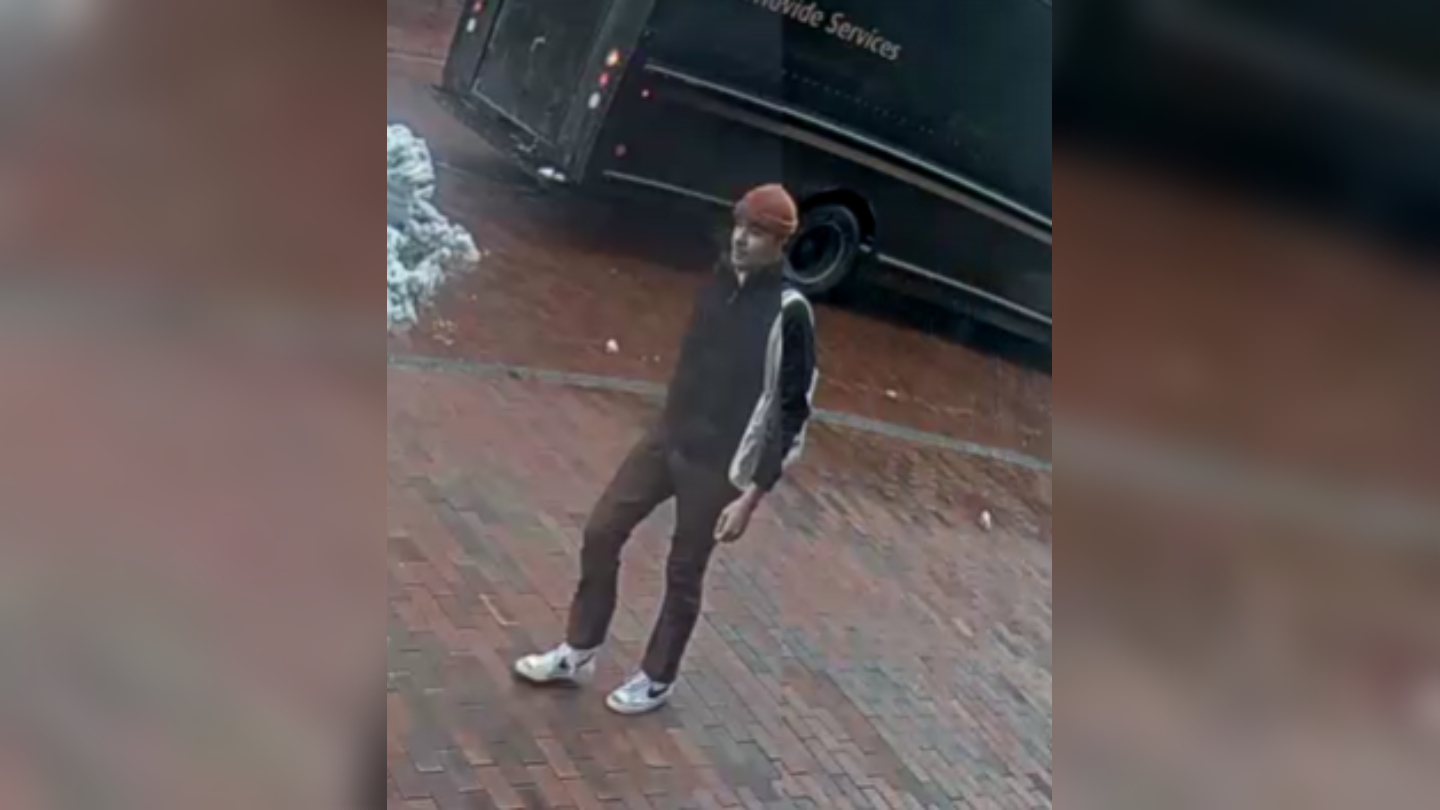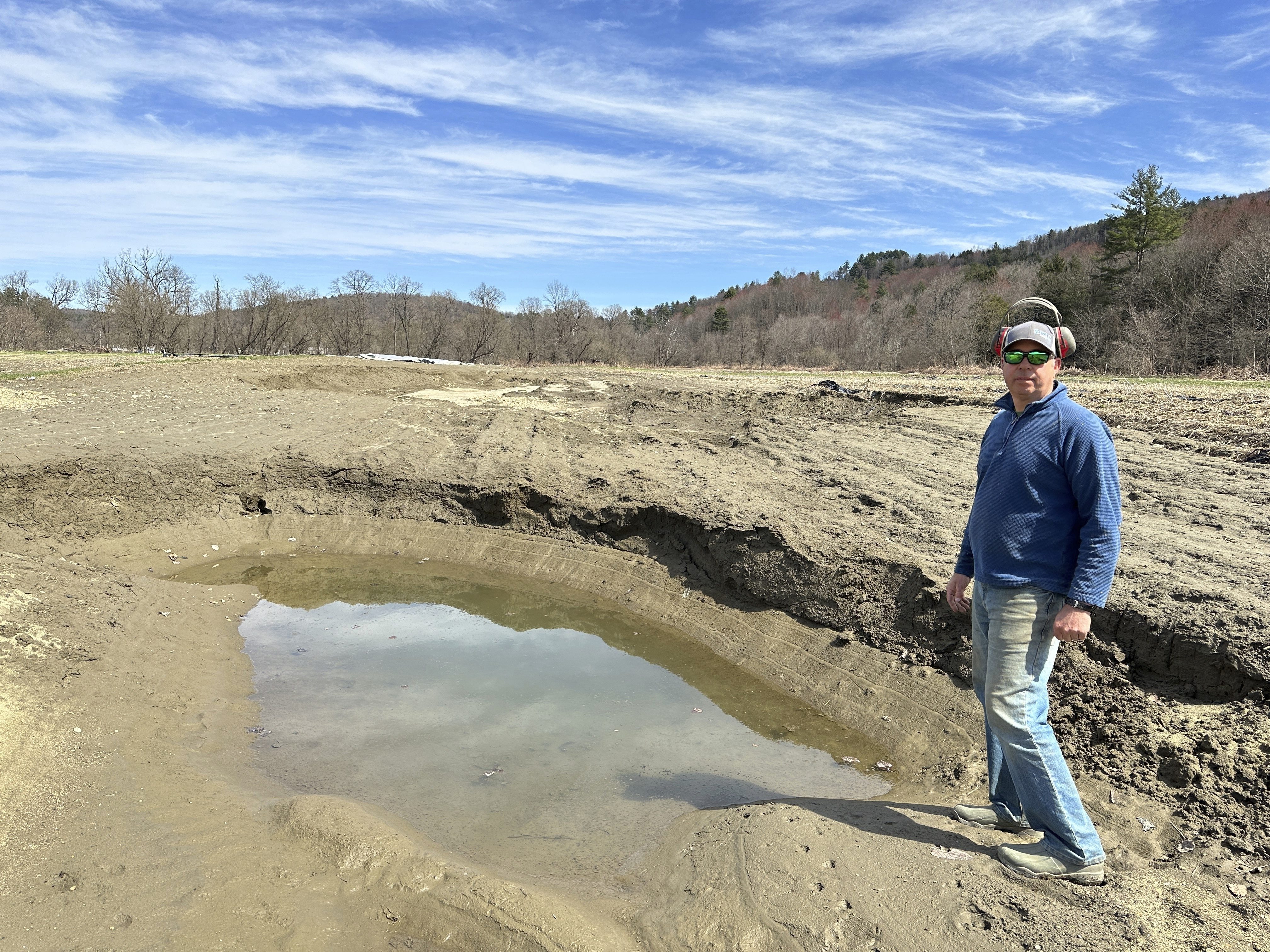There are new calls for limits on the authority of U.S. Customs and Border Protection agents from members of Congress representing New England, who say the agents’ current ability to stop and question people far from international borders is just too broad.
“Most Vermonters don’t carry their passports,” Sen. Patrick Leahy, D-Vermont, noted Tuesday discussing federal immigration checkpoints within the state—far from the border with Canada.
Customs and Border Protection questions everyone entering the U.S. at ports of entry like those in Derby and Highgate, Vermont, but current federal law also allows agents to set up roadside checkpoints far from the border, to stop and question people who are already in the country.
Within a hundred miles of seacoasts and international borders, and without a warrant, agents in this wide zone can stop people, and even board buses or boats, searching for immigration violations.
“There’s a feeling, maybe, of racial profiling,” Leahy said in a Senate Judiciary Committee hearing Tuesday, calling the practice a “dragnet” that has the potential to violate people’s Constitutional rights and waste their time for no good reason.
Leahy has introduced a bill with Sen. Patty Murray, D-Washington, that would shrink the range for these interior immigration checks from 100 miles to 25 miles from international lines.
Leahy told an anecdote of how he was once stopped more than a decade ago and asked about his citizenship. Leahy recalled Tuesday that the stop was roughly 75 miles from the Canadian border.
Vermont
The latest news from around the state
“When I asked the Border Patrol officer by what authority are you stopping me, he patted his gun and said, ‘That’s all the authority I need,’” Leahy said.
The commissioner of Customs and Border Protection, Kevin McAleenan, told the Senate Judiciary Committee in response to Leahy’s question that the wide zone for immigration stops is strategic for law enforcement.
“Checkpoints and operations on transportation that are on routes of egress away from the border are an important border security tool,” McAleenan said. “We made 8,000 apprehensions last year with those tools.”
"These checkpoint operations are designed to be minimally intrusive," Michael McCarthy, a Customs and Border Protection spokesman, said in a statement to the Associated Press last month. "Agents ask simple questions and use their training, experience, and current intelligence to quickly make decisions on travelers' citizenship or residency."
“I’m just worried about overreach,” Gov. Phil Scott, R-Vermont, said on November 30 about the interior checkpoints.
Gov. Scott said he, too, was once questioned at a highway immigration checkpoint on I-91, before he was governor.
Scott met with border officials last week, mostly about drug smuggling and human trafficking, but a spokeswoman said Scott did raise concerns about these checkpoints far from the border.
“I understand that they have to have some latitude from the border, but 100 miles seems like it’s a little bit extreme, from my perspective,” Scott told reporters ahead of the meeting.
Scott noted before he met with border officials that he was willing to hear them out, to better understand their operations within Vermont.
There is a companion bill to Leahy’s Senate proposal in the U.S. House, which was introduced by Reps. Peter Welch, D-Vermont, and Chellie Pingree, D-Maine.



